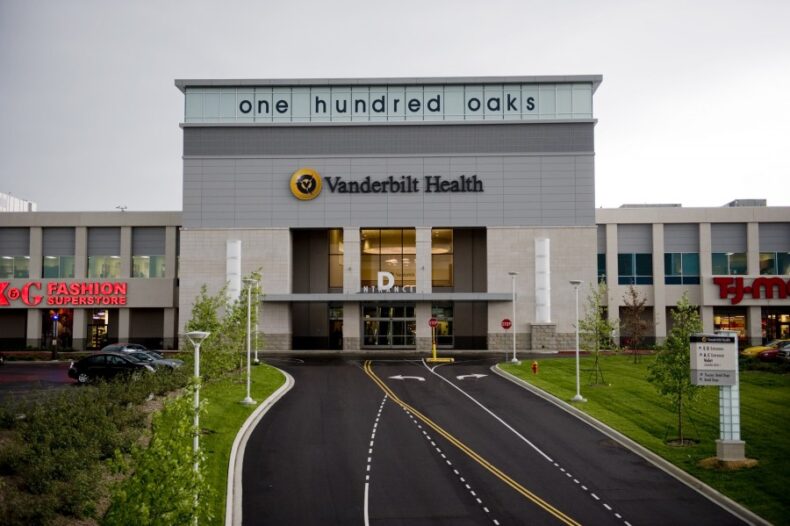The Vanderbilt Multiple Sclerosis Center has opened a relapse clinic that offers expedited access for patients experiencing disease flare-ups.
The clinic allows these patients to bypass a tight appointment schedule at the center, which provides diagnostic and follow-up care to more than 5,000 people annually. It replaces what often had to be telephone case management when patients couldn’t get scheduled. That process — coordinating blood work with outside labs and treatment decisions with primary care providers — typically took seven to 14 days.

“It was not the optimal care model for the patient,” said Jennifer Scott, RN, who led the planning for the relapse clinic.
The clinic is open on Wednesdays, offering patients shorter time frames for treatment and office visits with neurologists who specialize in multiple sclerosis.
“This is a much-needed patient service and we are one of the few in the country that offer this form of rapid clinical care. I am very proud of my nursing team for this novel initiative,” said Subramaniam Sriram, MBBS, medical director of the Vanderbilt Multiple Sclerosis Center and William C. Weaver III Professor of Neurology.
A triage nurse greets patients when they report for their appointments at the relapse clinic.
“Patients have very stressful situations going on,” said Laura Wolfe, RN, the triage nurse. “They need some support, and they need to know somebody is listening to them and attending to them.”

In setting up the clinic, Scott turned a classroom assignment into an action plan.
“In the fall, I took an evidence-based practice course,” said Scott, a multiple sclerosis research nurse. “I thought my first project should be the relapse clinic. I identified the problem, did my research and met with all the physicians to introduce my plan. They agreed with it. We just moved forward from there.”
Eight slots are available on Wednesdays for patients at the relapse clinic. The Multiple Sclerosis Center plans to add a nurse practitioner to provide additional staffing and may extend the clinic’s hours to two days if needed.
Multiple sclerosis exacerbations occur suddenly and are unpredictable. The symptoms vary in individuals and can range from temporary blindness caused by optic neuritis to severe fatigue. Patients who call into the center reporting relapses are referred to Wolfe. A questionnaire is used to determine the severity of the patient’s symptoms and identify who should be referred to the relapse clinic.
“One Friday, we had 10 calls, then Monday we had three,” Wolfe said. “It just varies. It can go up and down. But usually we have a call at least every day about symptoms that are concerning to patients.”
The relapse clinic opened on May 2.
“If you capture a relapse and you can treat the patient quickly, you can improve recovery and reduce the chances for hospitalization or a continued worsening,” Scott said.
The Vanderbilt Multiple Sclerosis Center is located at 3810 Bedford Ave. near the Mall at Green Hills. The center is staffed by MS certified nurses and six neurologists.

















